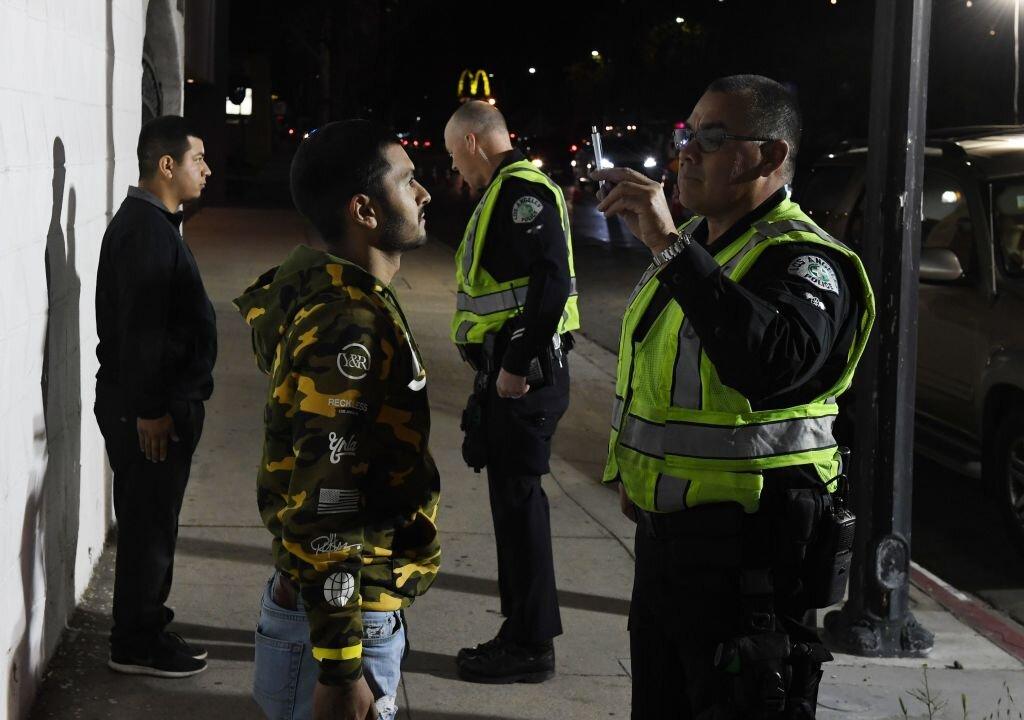The California District Attorneys Association sponsored a virtual news conference on Sept. 15 urging Gov. Gavin Newsom to refrain from signing into law a controversial bill that allows some motorists convicted of driving impaired to enroll in diversion programs instead of serving time.
Assembly Bill 3234 (AB 3234) passed votes in both chambers of the state legislature and currently sits on Newsom’s desk, waiting for his signature to become law.





